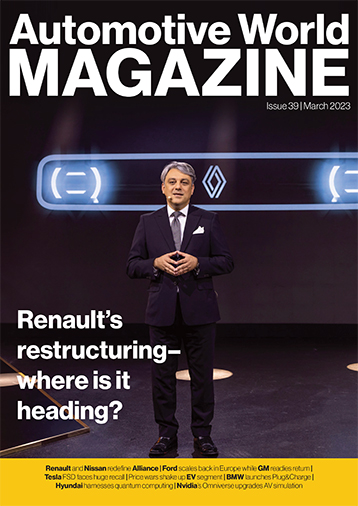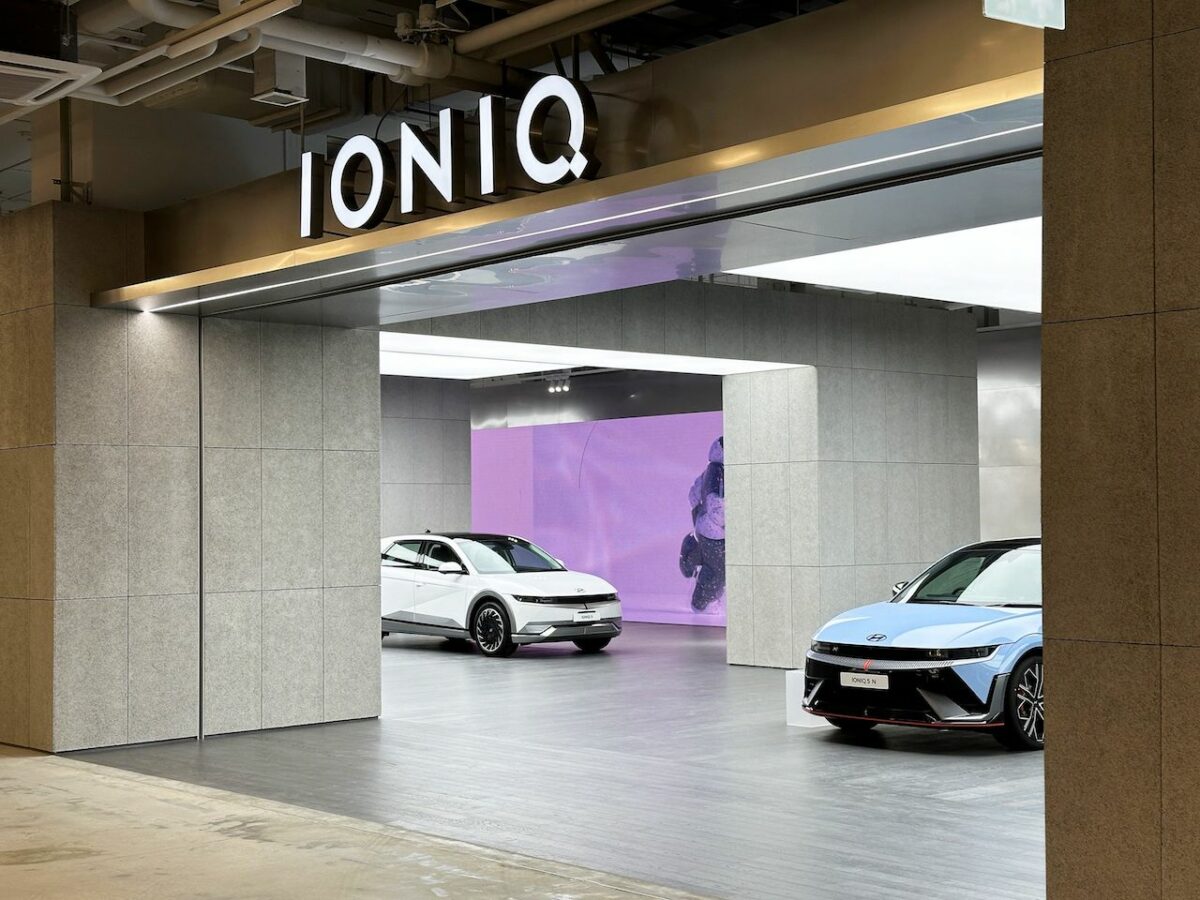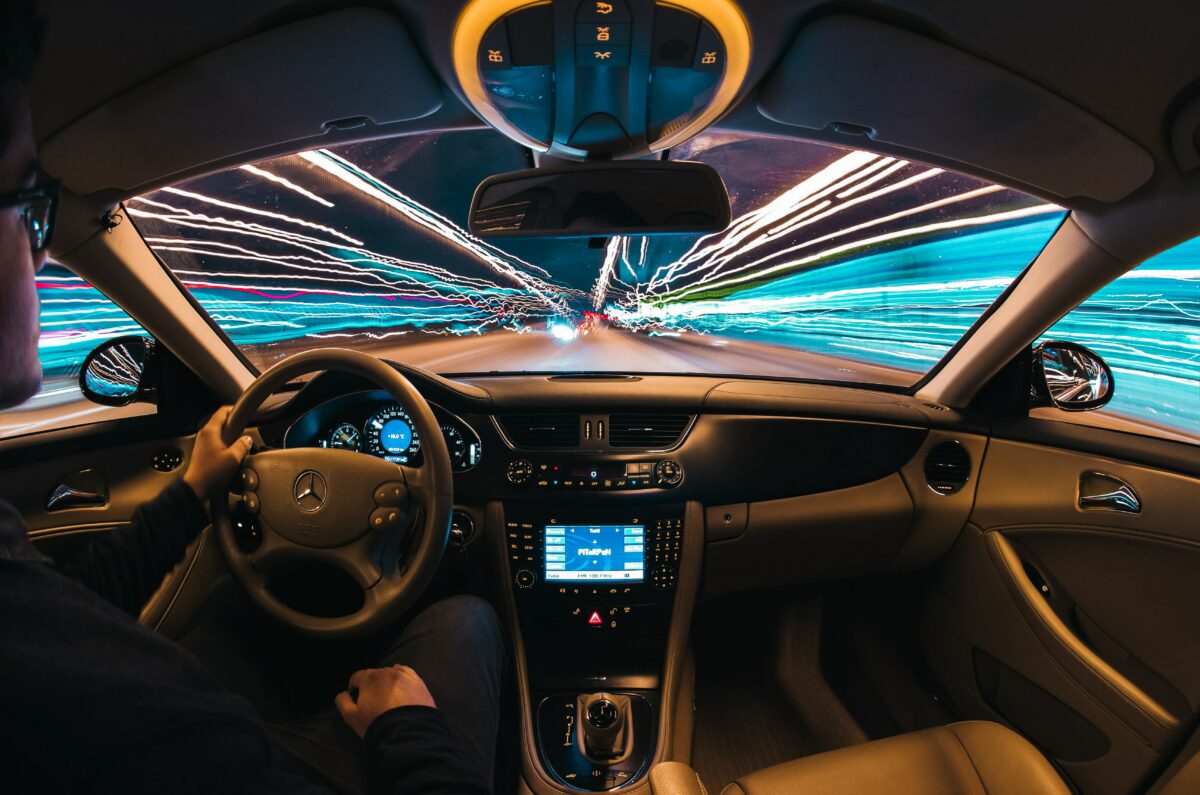While the latest generation of connected cars have been upgrading their human-machine interface (HMI) systems to run via computers, supercomputers and gaming computers, the next development could very well be quantum computing. Quantum computing leverages quantum physics and engineering to perform advanced calculations and data simulations. According to market researcher Statista, the quantum computing market could reach US$93bn in the US alone by 2040. China, Japan and the EU are at the forefront of quantum patents, while China, the Netherlands and the UK are leading in quantum adoption.
 |
In the US, IonQ is leading the revolution—opening the first quantum computing manufacturing facility in Washington. Subsequently, IonQ Co-founder and Chief Technology Officer Jungsang Kim states that his focus has been building on innovations in quantum mechanics and transforming them into a more practical technology. “We’re at a very exciting place of looking at the technology's industry applications, starting companies, and pushing commercialisation,” he says. Automotive presents one such promising application: quantum hardware’s extensive problem-solving capacity makes it well suited for addressing prevailing issues in electric and autonomous mobility.
AVs are still in their infancy, yet the quantum-derived algorithms we’re testing today have the potential to shape the commerciality, efficiency and safety of such systems
It’s time to log in (or subscribe).
Not a member? Subscribe now and let us help you understand the future of mobility.
Scroll
News
Magazine
Articles
Special Reports
Research
OEM Tracker
OEM Model Plans
OEM Production Data
OEM Sales Data
1 user
- News
- yes
- Magazine
- yes
- Articles
- yes
- Special Reports
- yes
- Research
- no
- OEM Tracker
- no
- OEM Model Plans
- no
- OEM Production Data
- no
- OEM Sales Data
- no
1 user
- News
- yes
- Magazine
- yes
- Articles
- yes
- Special Reports
- yes
- Research
- yes
- OEM Tracker
- yes
- OEM Model Plans
- yes
- OEM Production Data
- yes
- OEM Sales Data
- yes
Up to 5 users
- News
- yes
- Magazine
- yes
- Articles
- yes
- Special Reports
- yes
- Research
- yes
- OEM Tracker
- yes
- OEM Model Plans
- yes
- OEM Production Data
- yes
- OEM Sales Data
- yes
- News
- yes
- Magazine
- yes
- Articles
- yes
- Special Reports
- yes
- Research
- yes
- OEM Tracker
- yes
- OEM Model Plans
- yes
- OEM Production Data
- yes
- OEM Sales Data
- yes



